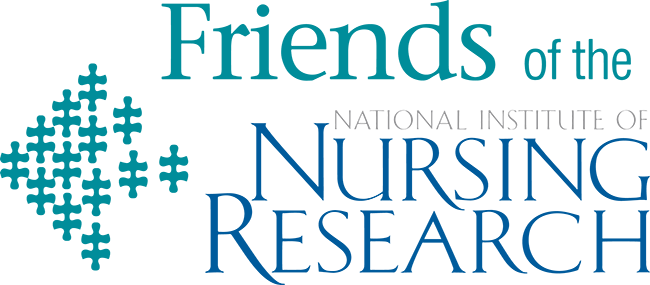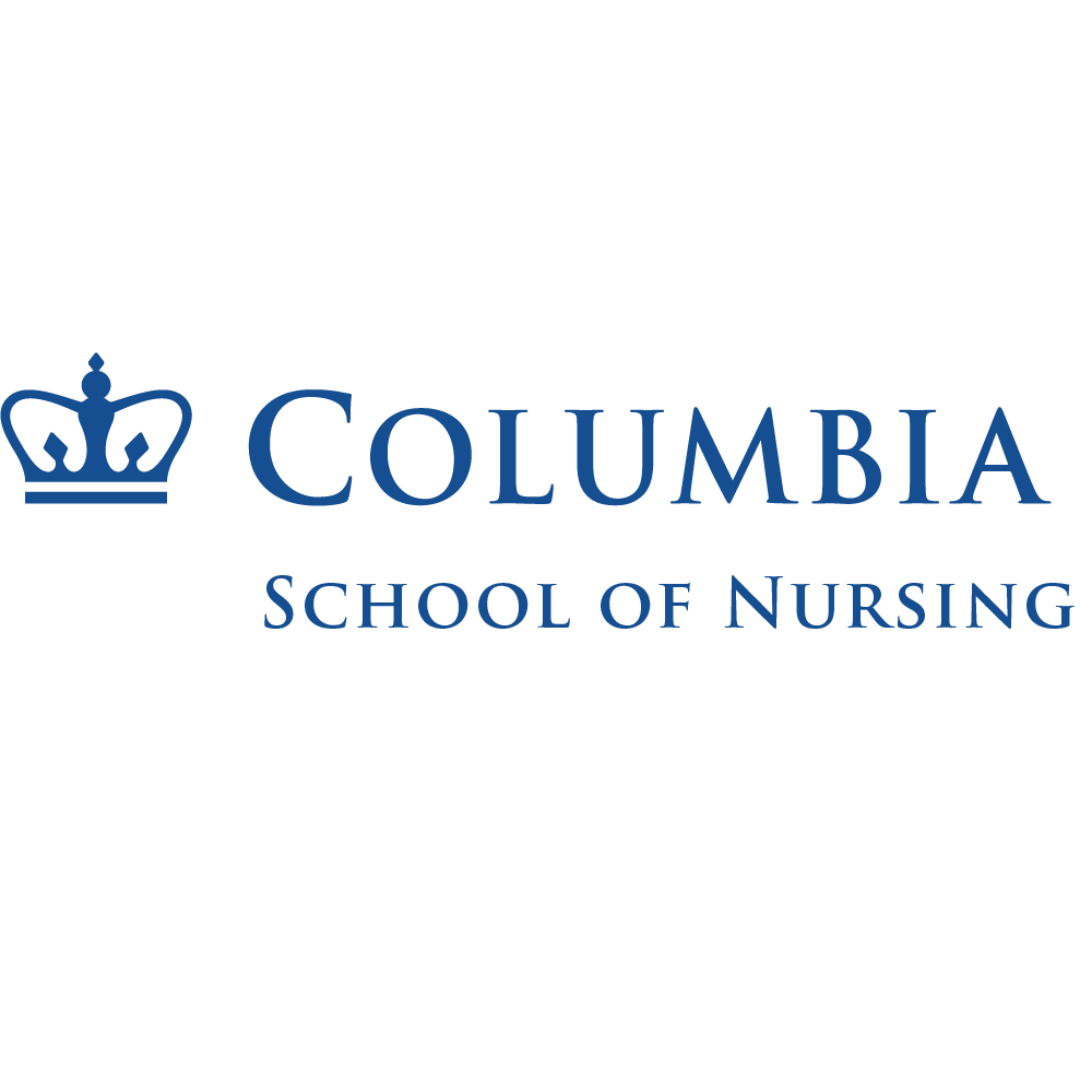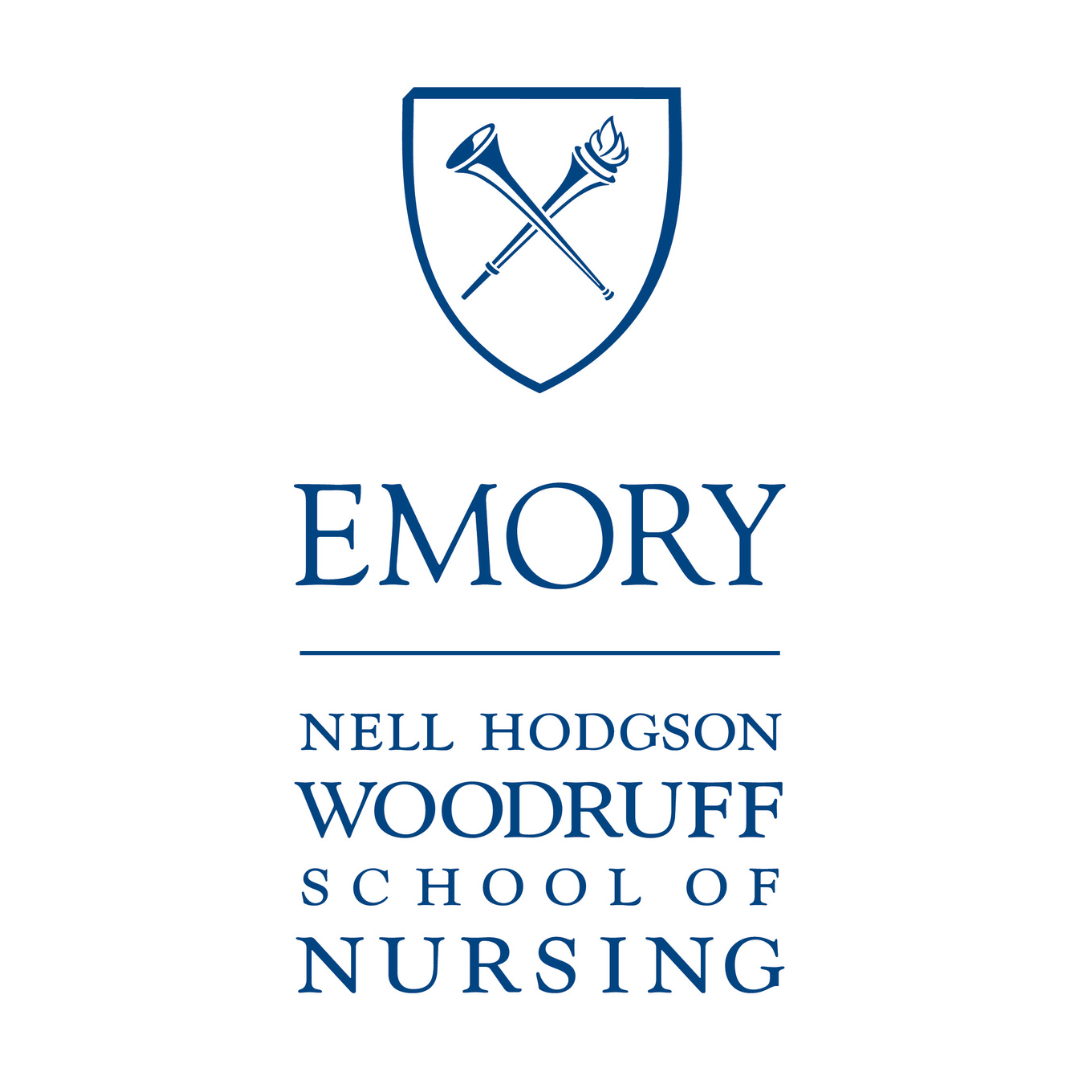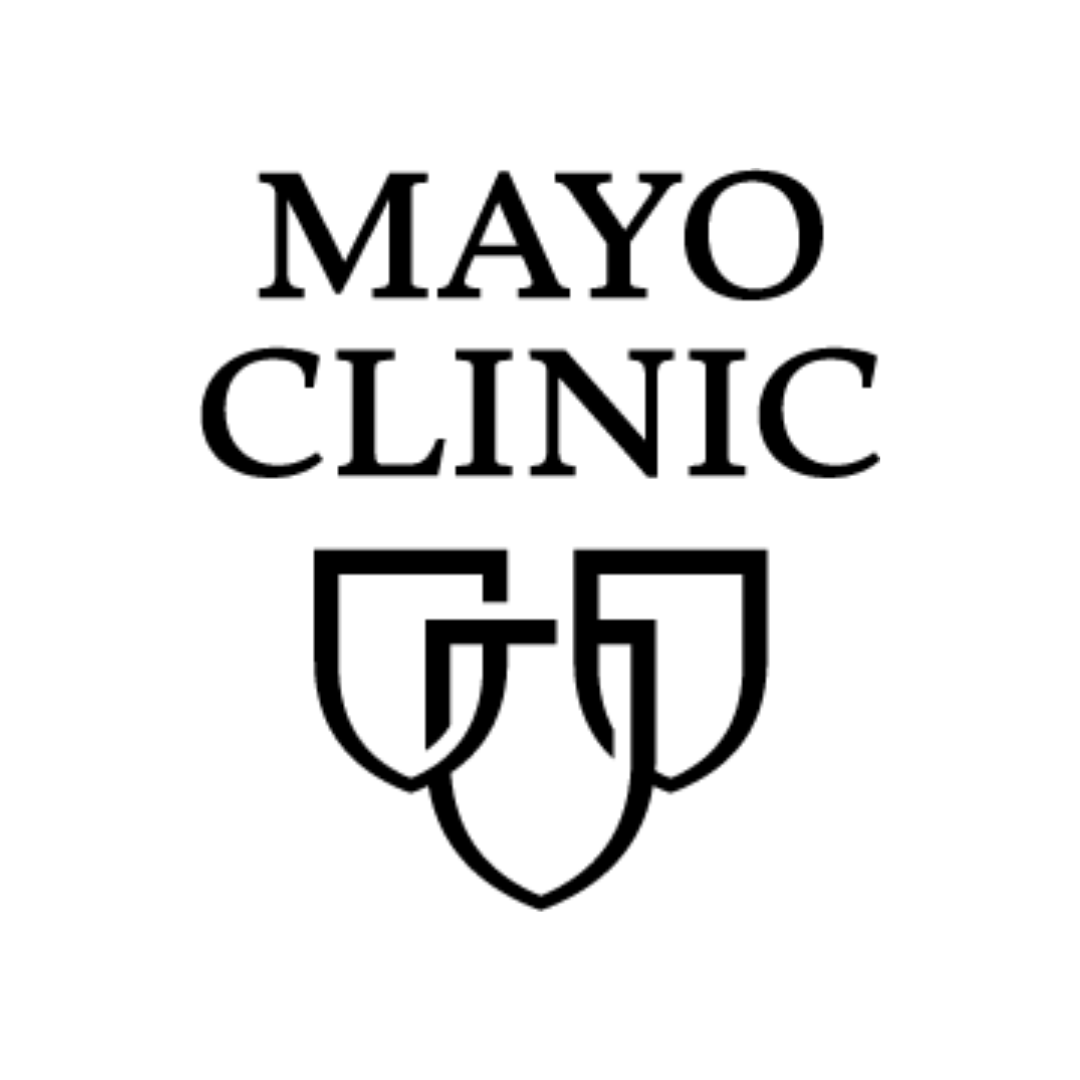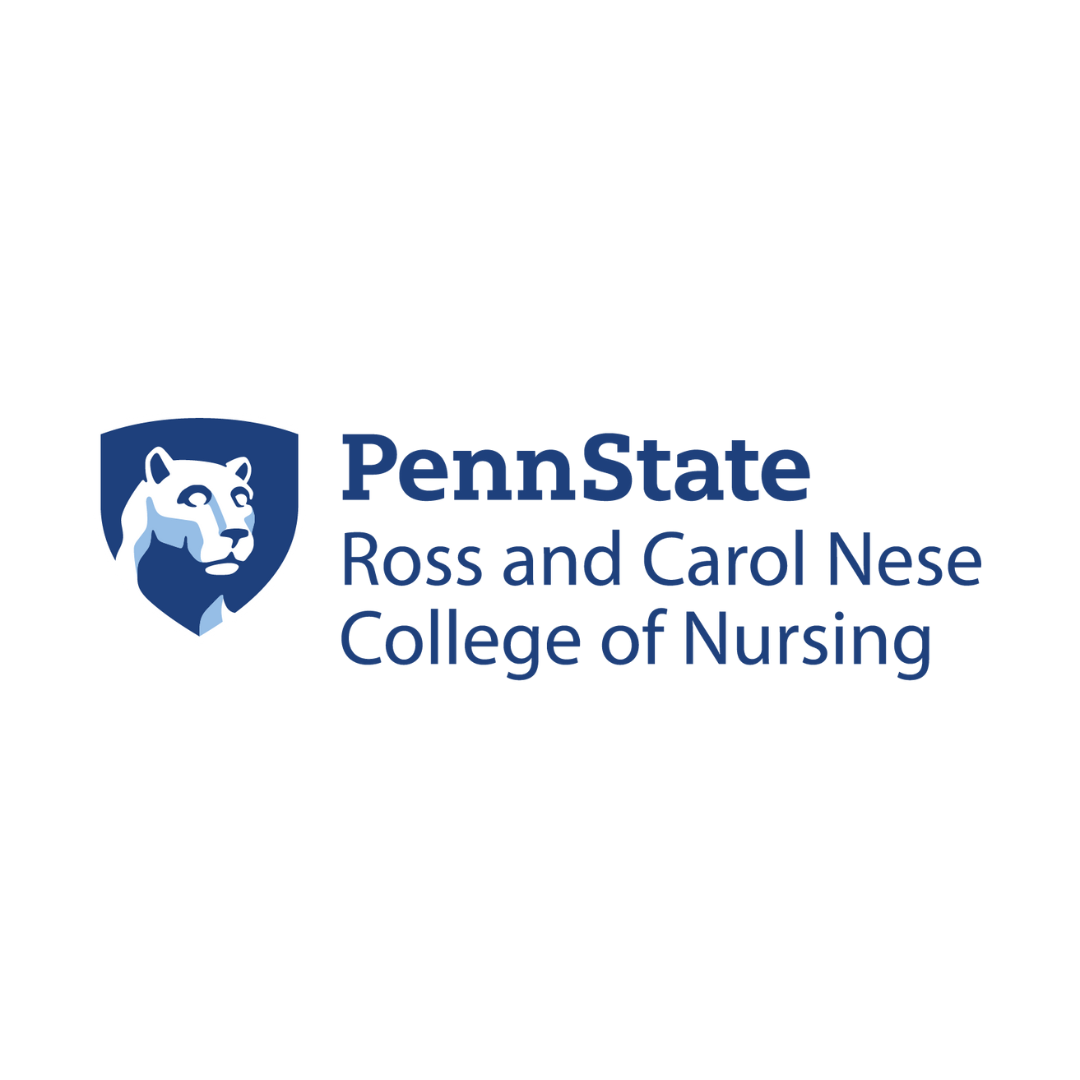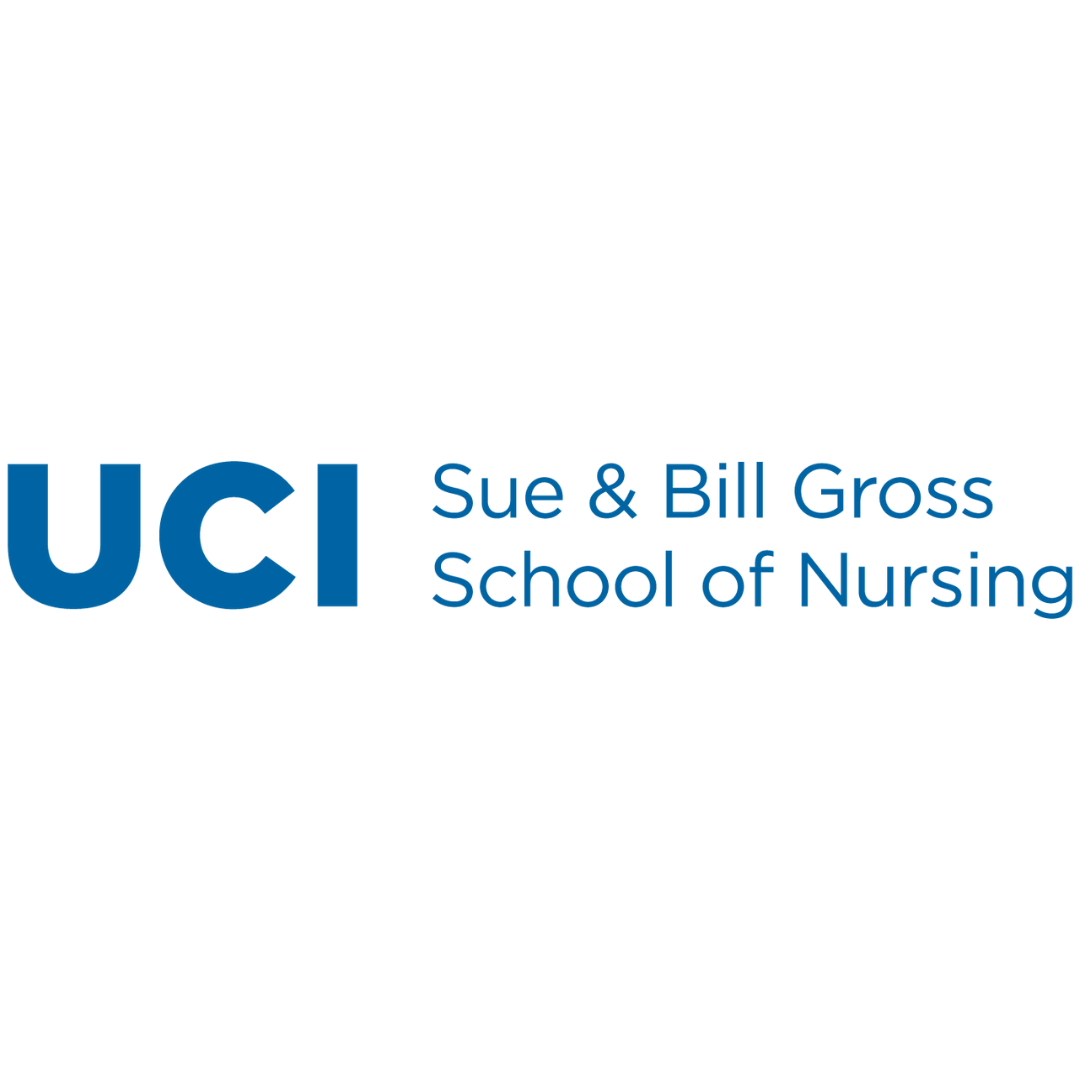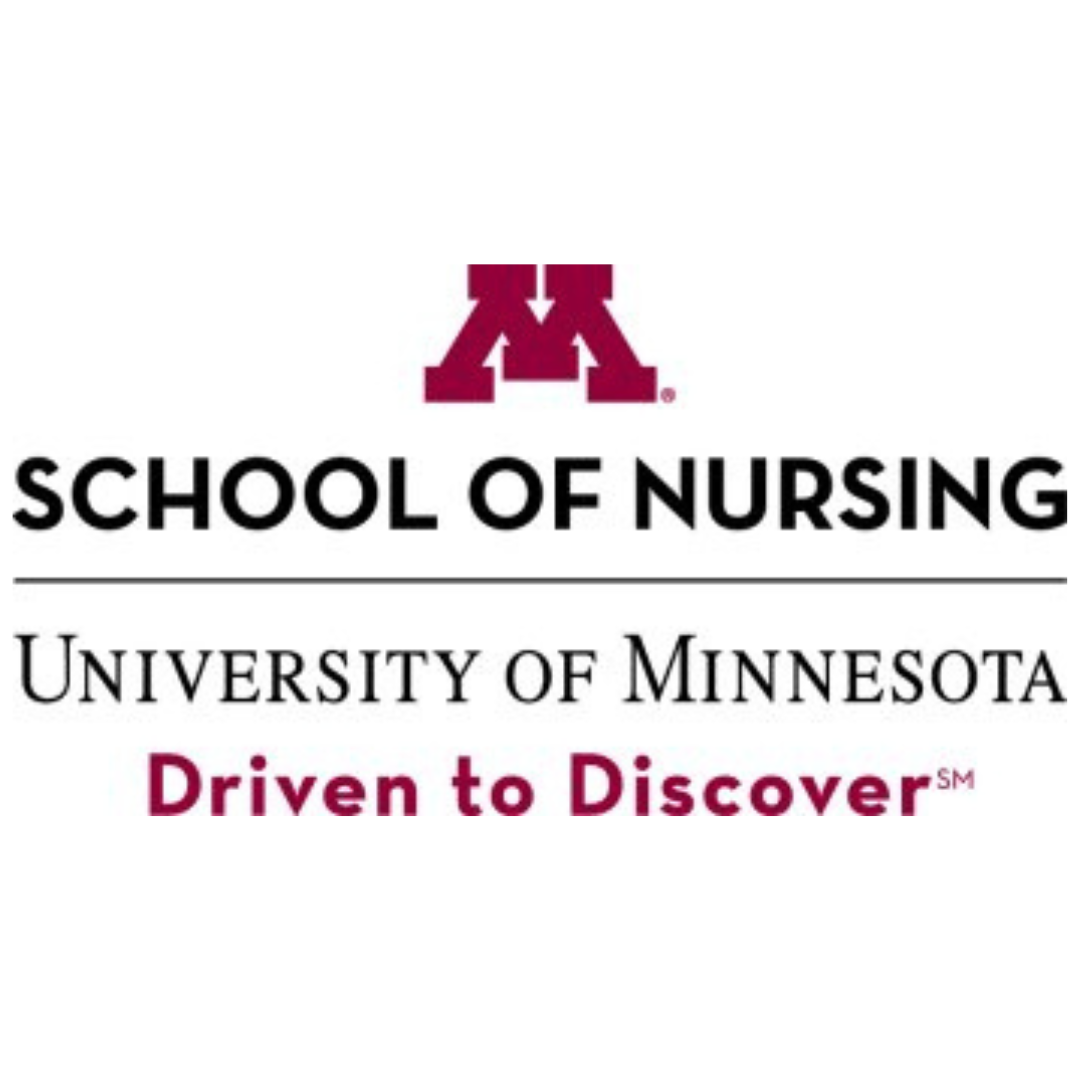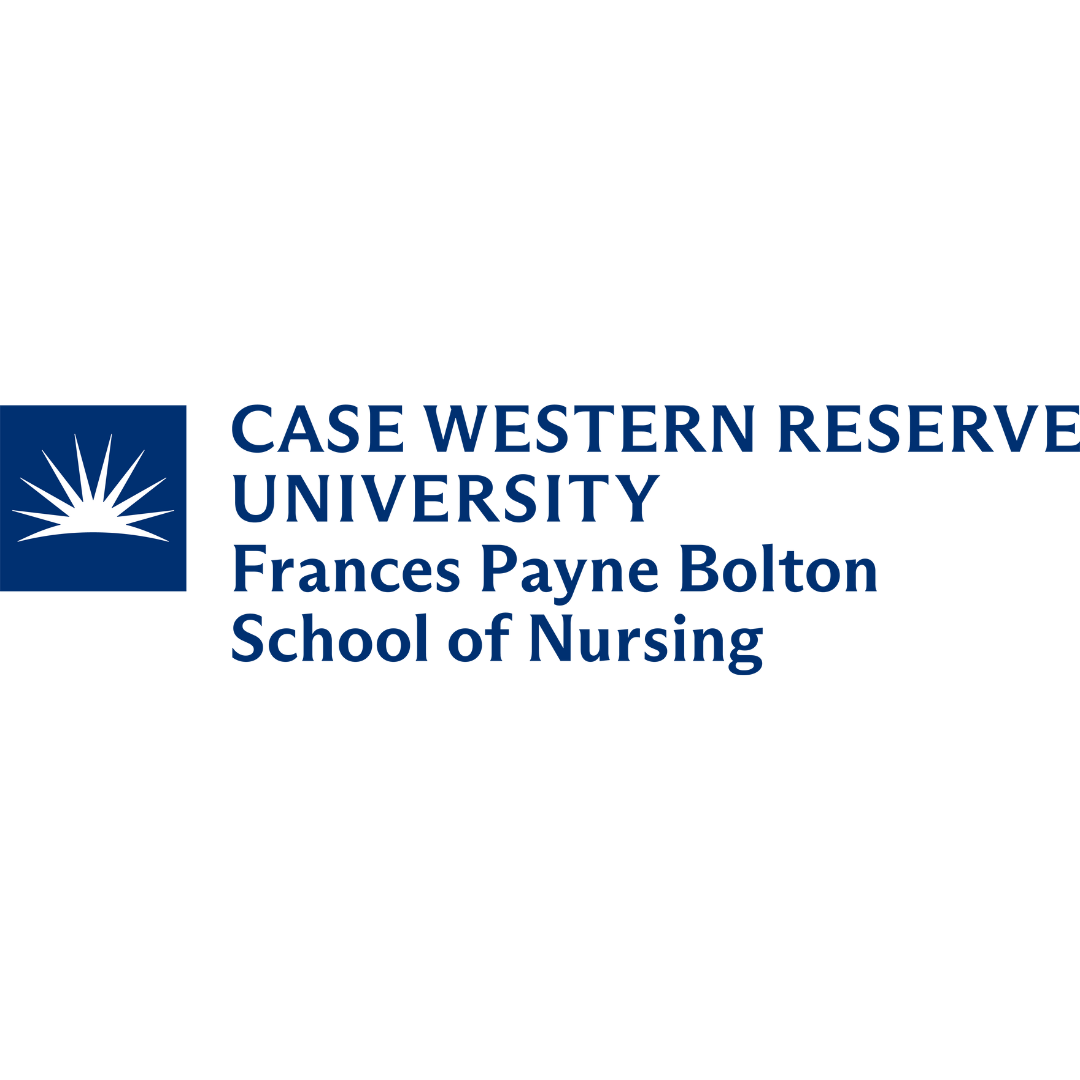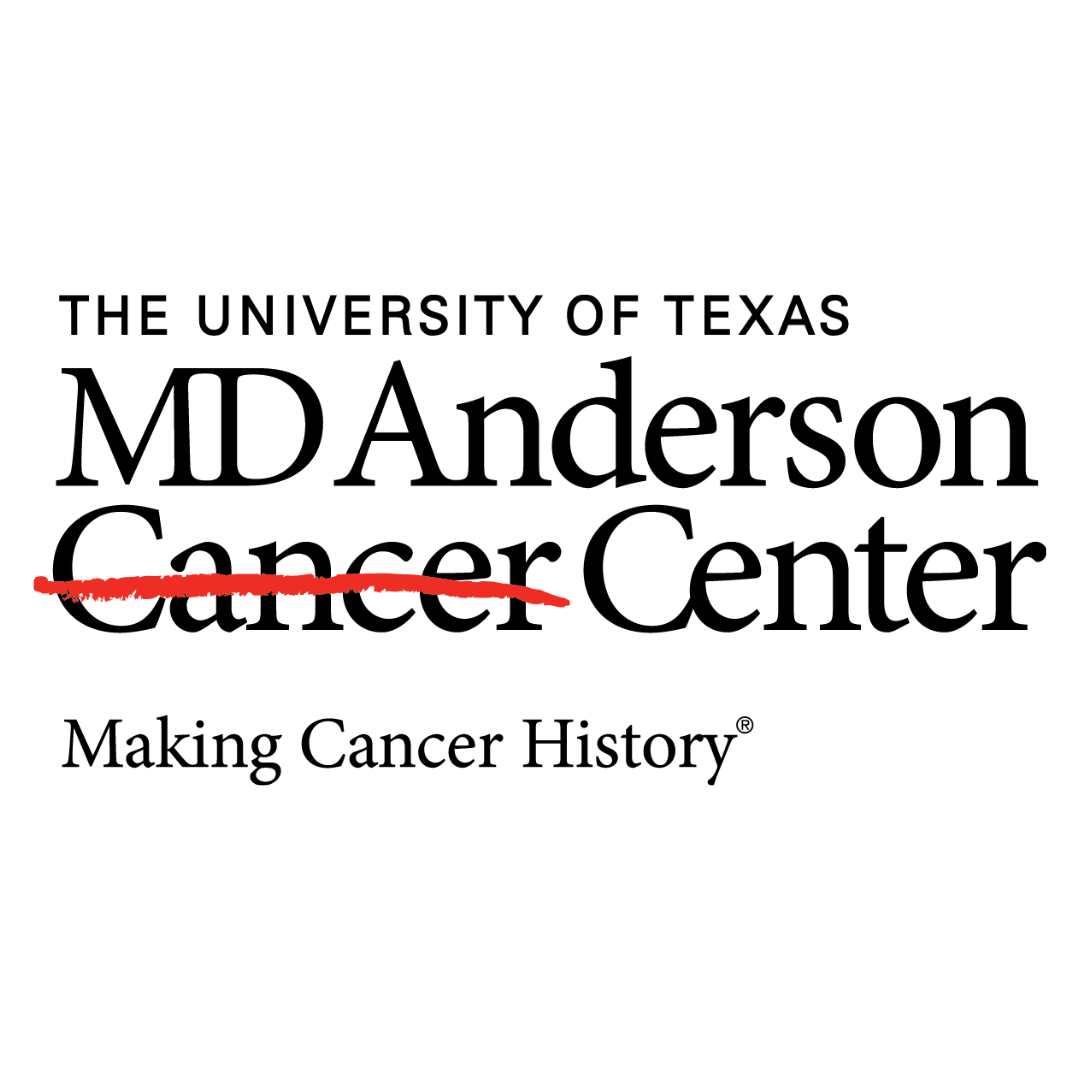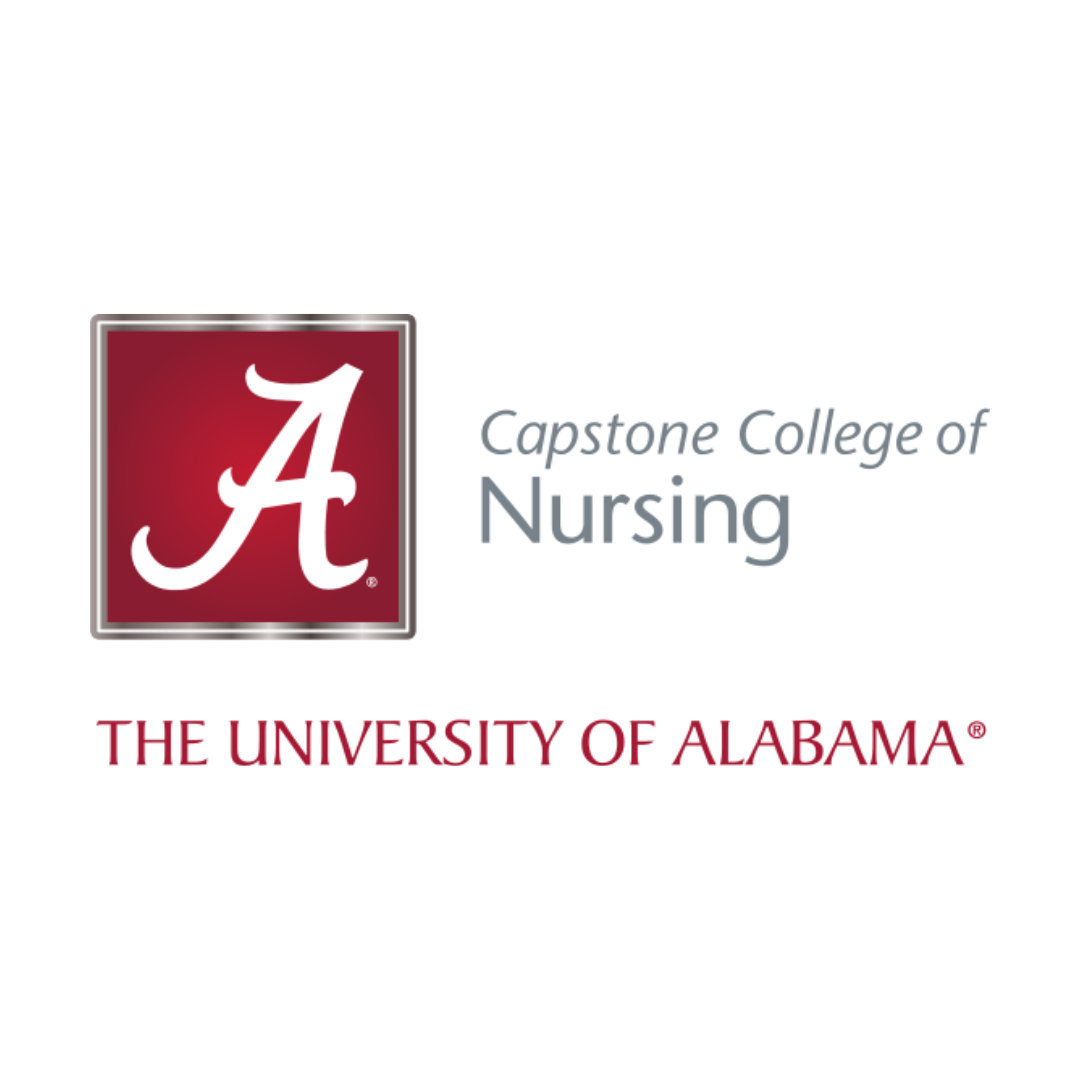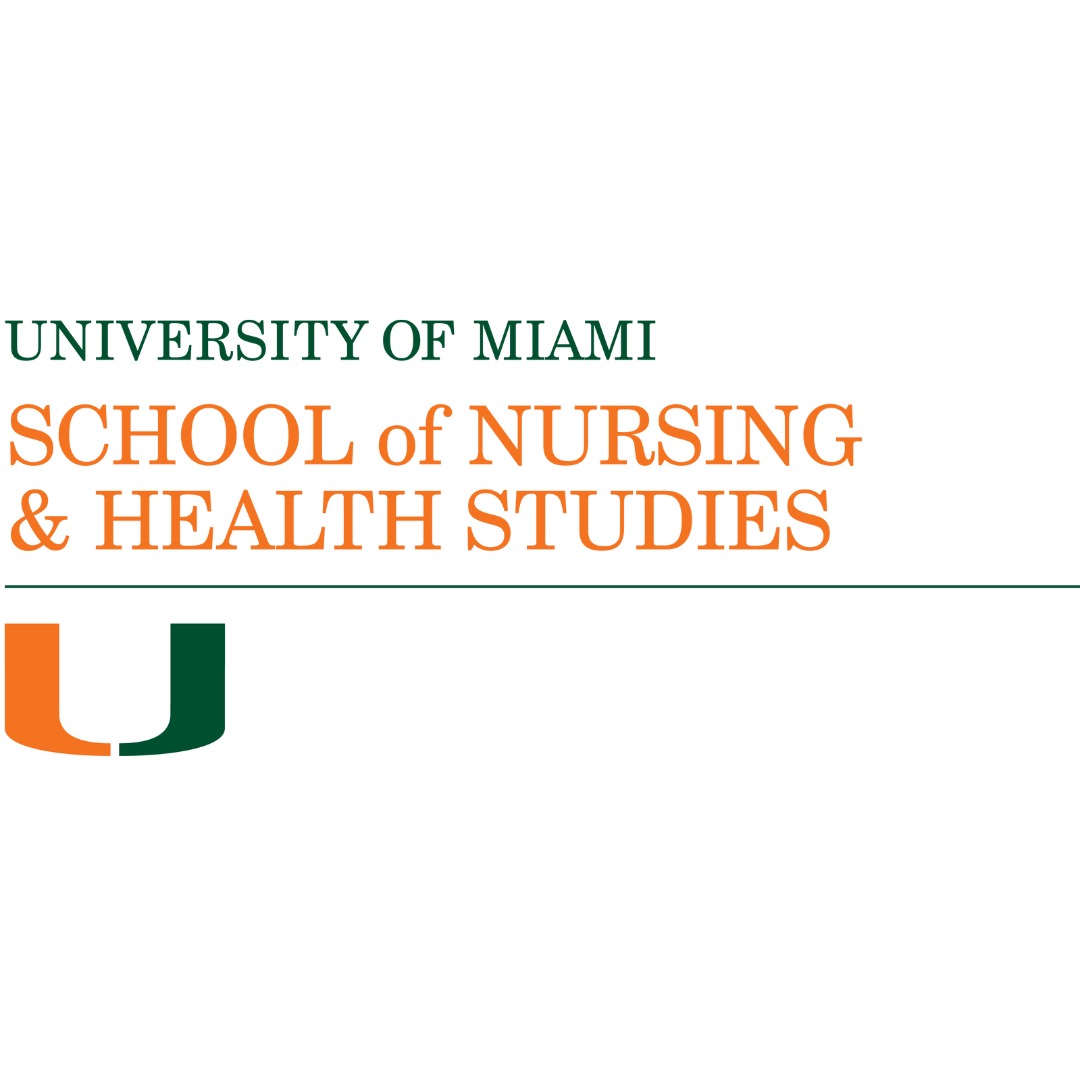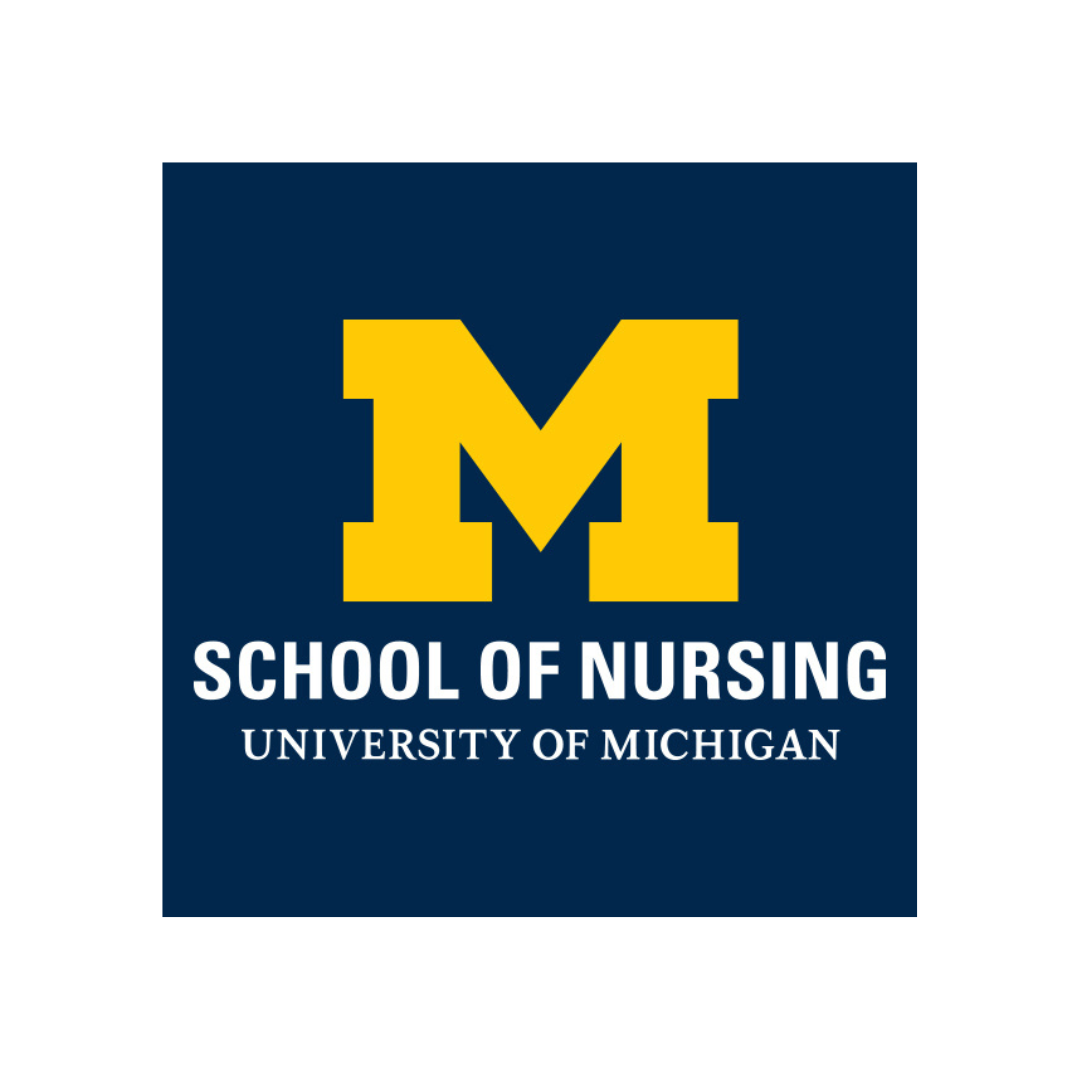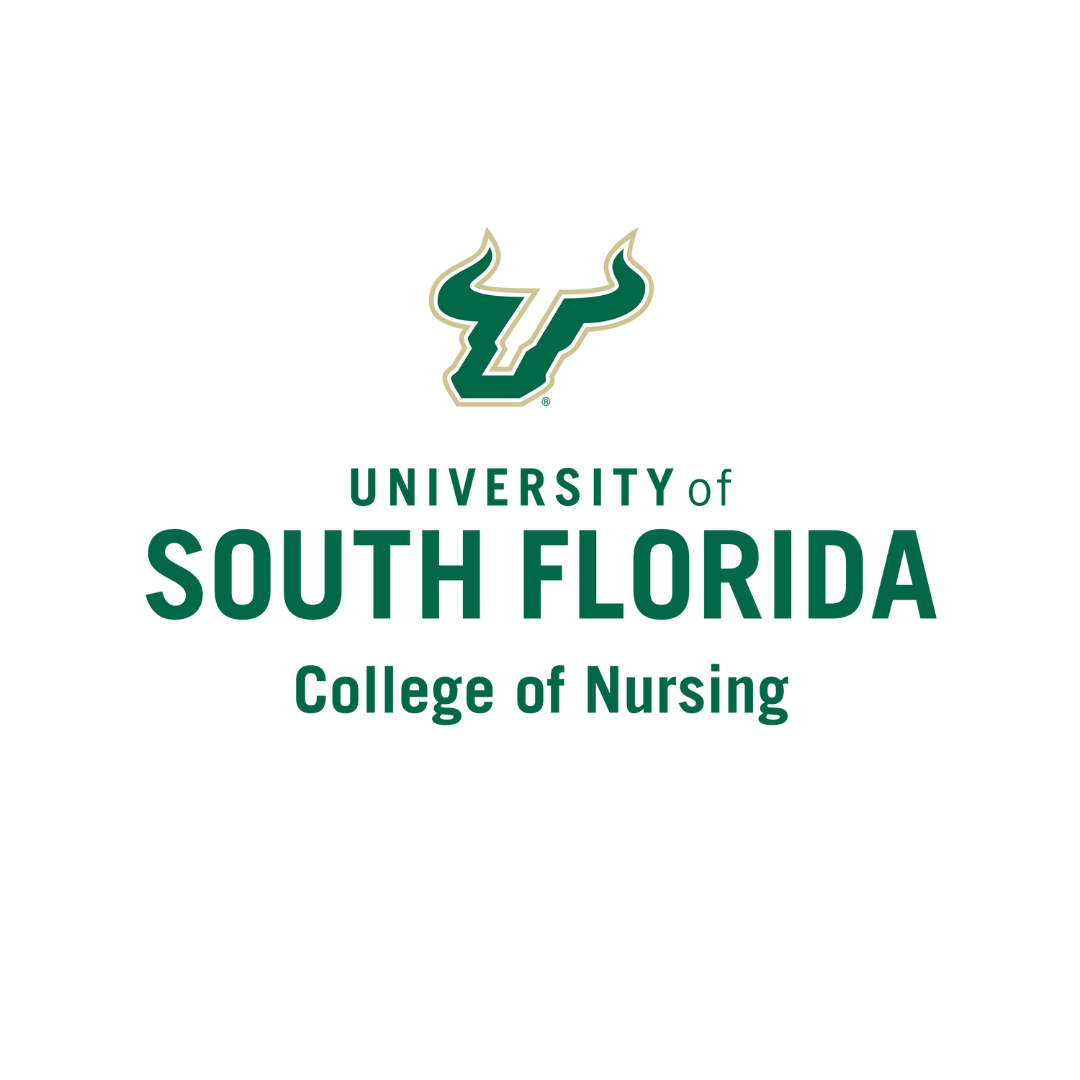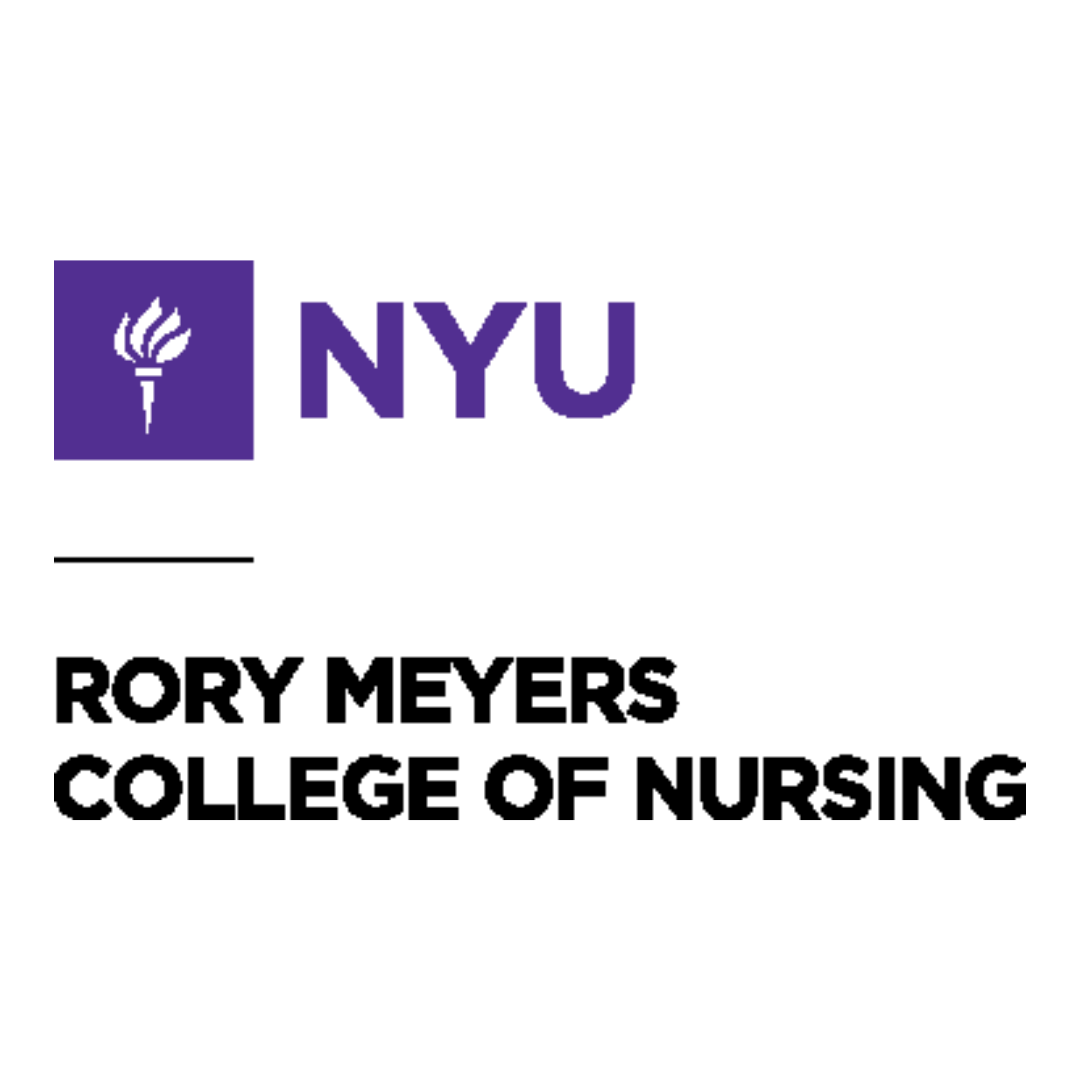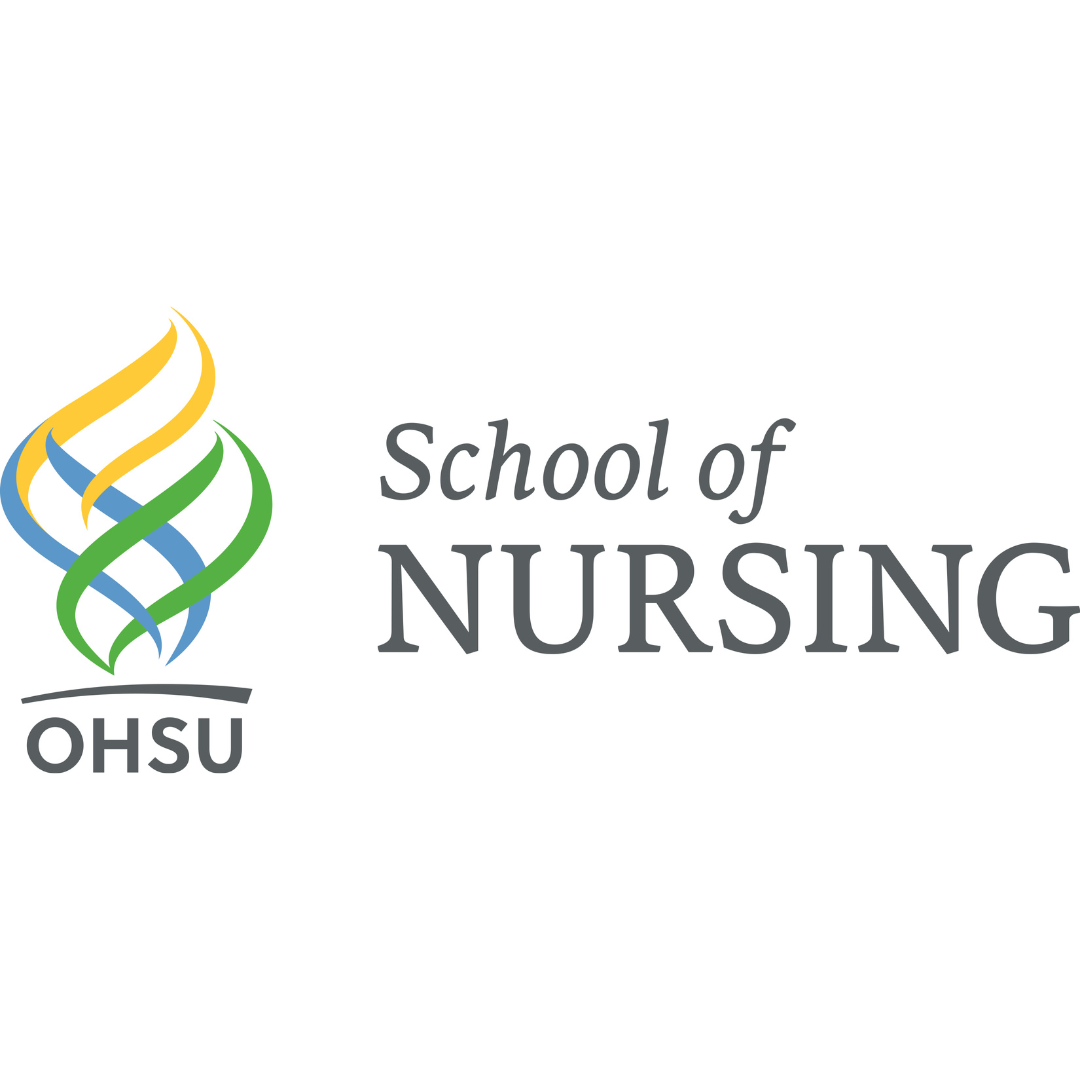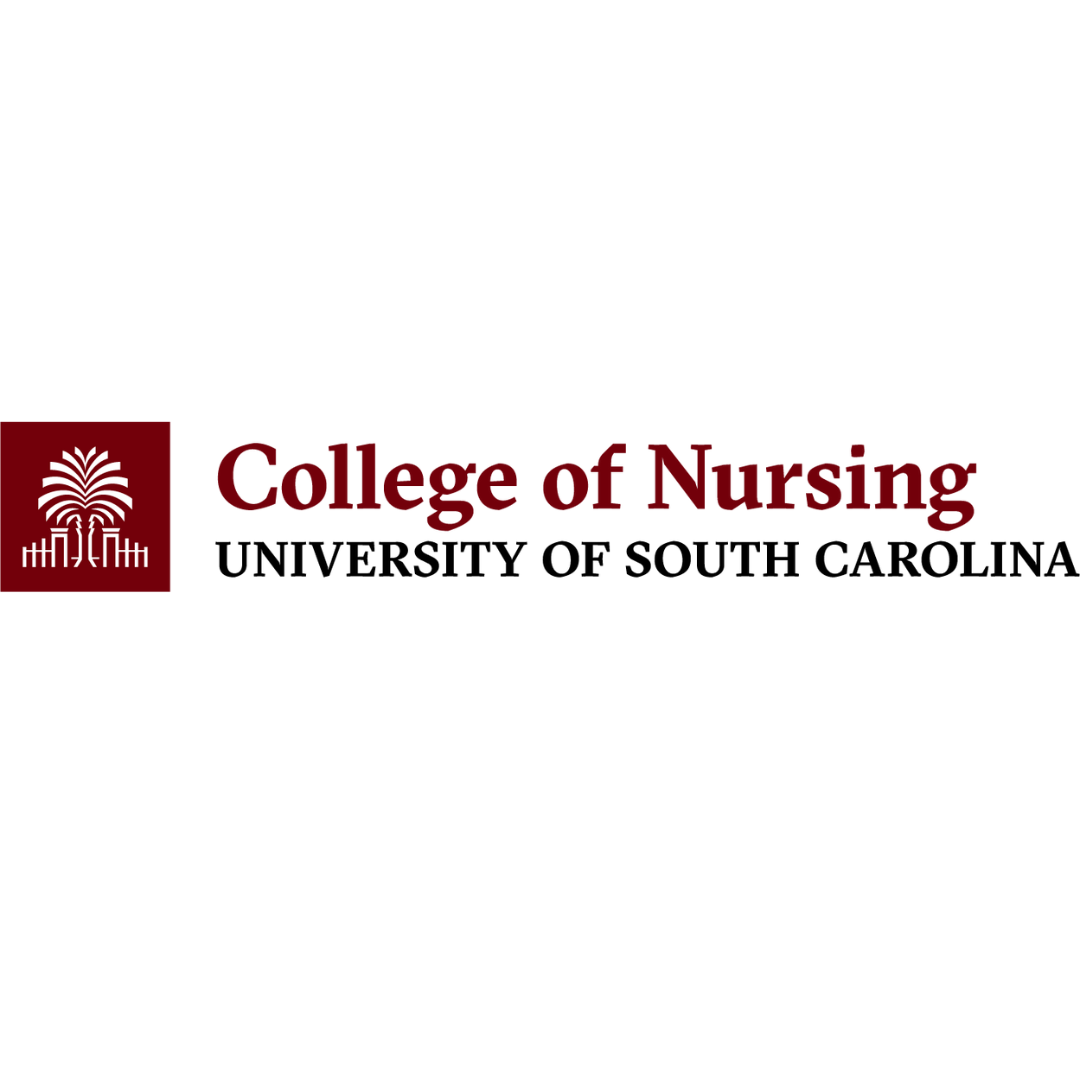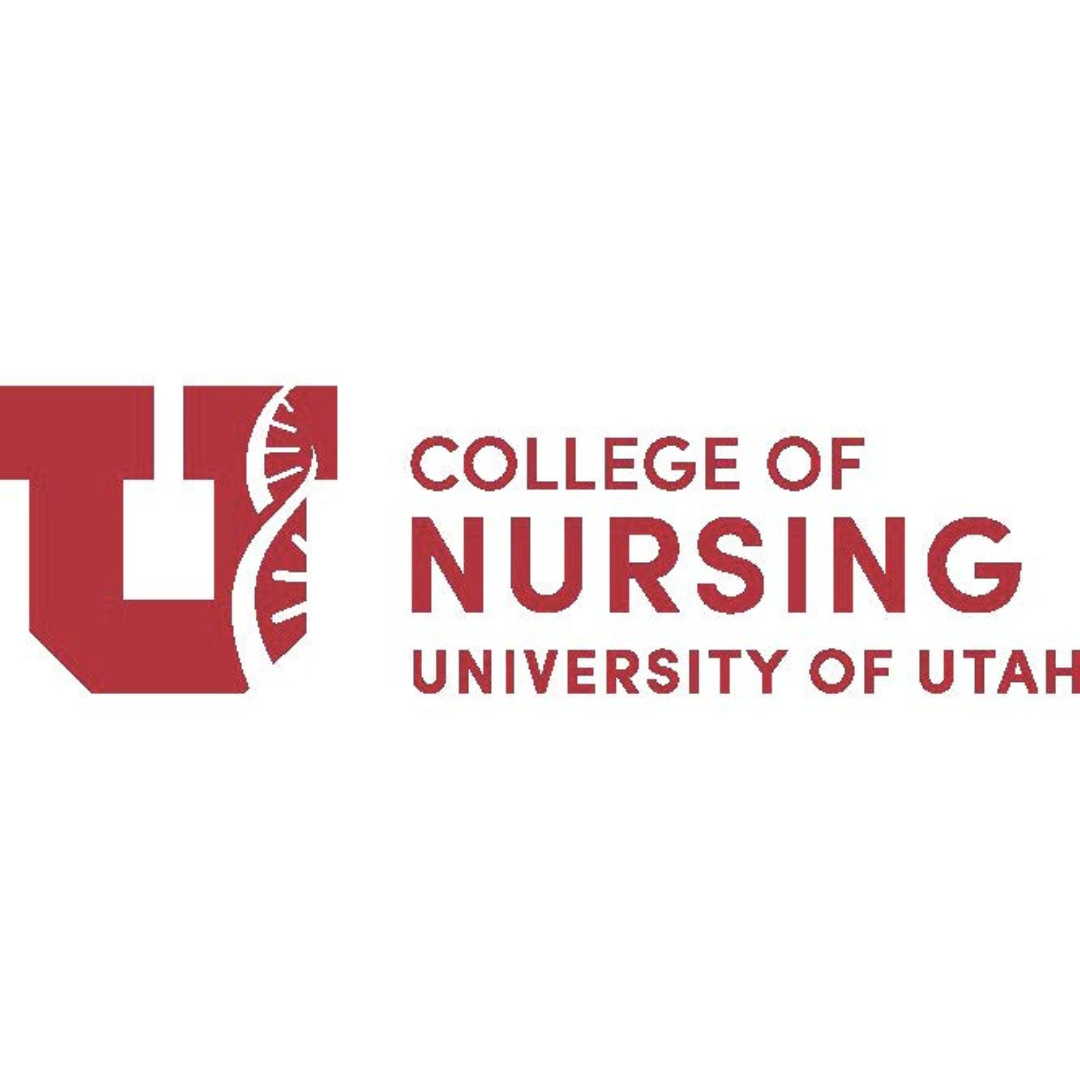Karen A Monsen, PhD, RN, FAMIA, FAAN
University of Minnesota School of Nursing
Please describe your work with the COVID-19 pandemic.
Together with 300+ participants from 10 countries and 35 states, I am leading the rapid development and deployment of encoded, evidence-based COVID-19 Response Guidelines. These guidelines are publicly available at omahasystemguidelines.org and are available in our Omaha System Guidelines App available now at iTunes (and in review by Google). This guideline synthesizes evidence from over 100 sources, primarily from CDC, WHO, and other highly credible organizations; within 90 interventions for 25 roles from triage to midwifery. We are actively updating the guideline as new evidence emerges, which is a constant challenge. This is a great opportunity for nurses, scientists, students, and community members to have a role and a voice in ensuring that we have a way to describe, disseminate, and document evidence-based care to defeat COVID-19.
Please give us information about your background and history as a nurse scientist.
My research uses standardized nursing data and systems to improve the quality of care in home visiting interventions and outcomes. This research has been informed by 20 years of experience as a public health nurse and manager. I have developed a novel practice-based research network based on standardized nursing terminology data through the University of Minnesota Center for Nursing Informatics. This Omaha System Partnership research has been conducted by multidisciplinary research teams and international research teams with student principal- or co-investigators and community partner principal- or coinvestigators. This work forms the basis for comparative effectiveness research, to shape policy in knowledge management, and to educate students in contemporary health care practices. This uniquely situated research blends clinical and scholarly perspectives, adding rigor to clinical processes and relevance to scholarly inquiry, which results in a powerful and sustained impact on health care quality.
